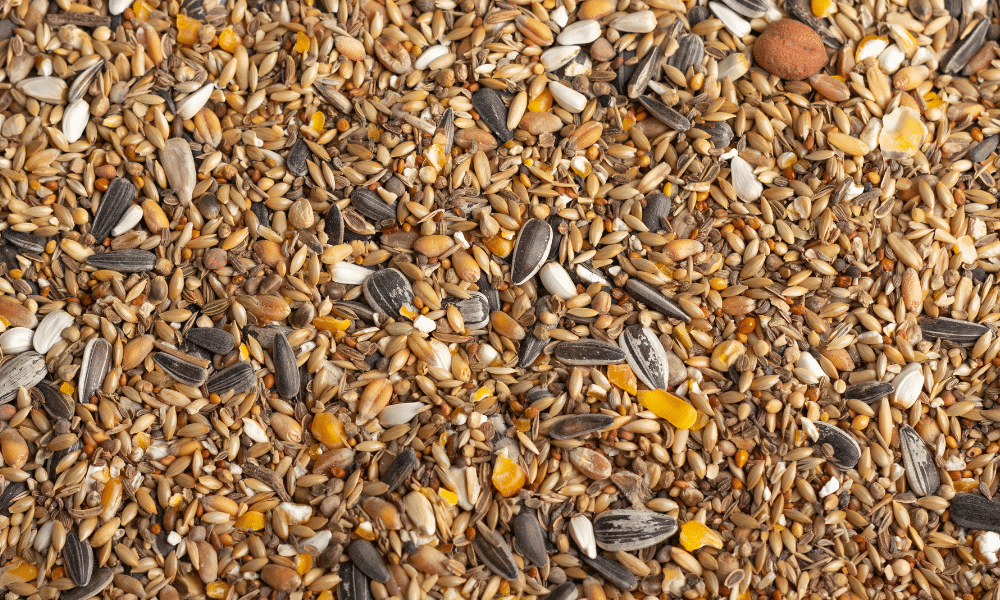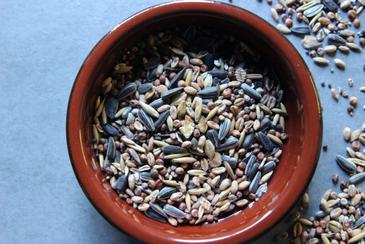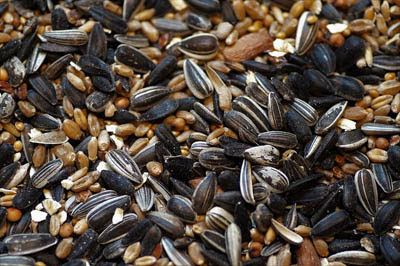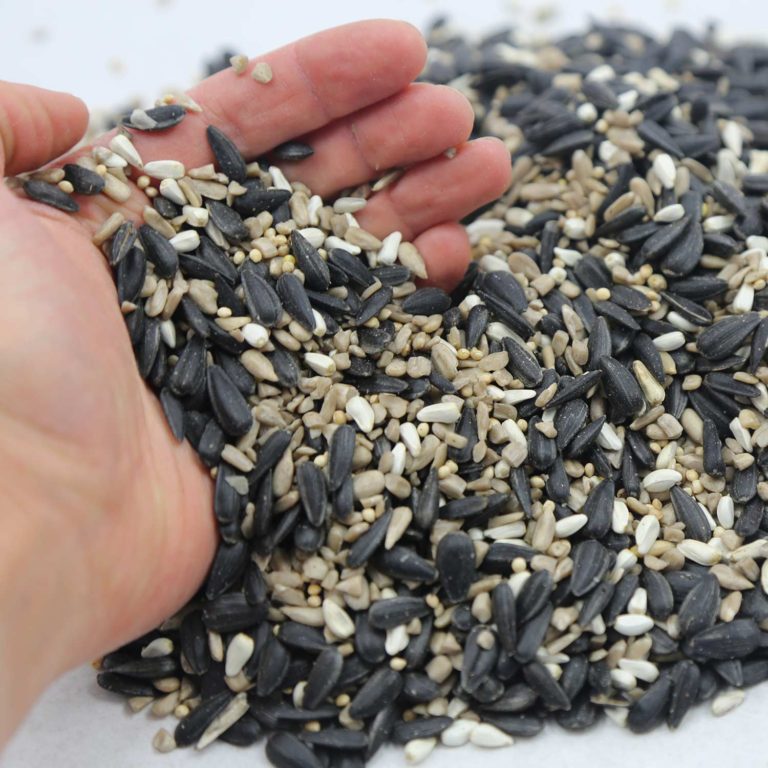In the article “Does bird seed go bad?”, the author addresses common concerns about the freshness and quality of bird seed. They explain that bird seed can indeed go bad, resulting in birds not eating the seeds or a decrease in bird activity at feeders. The article provides information on how to determine if bird seed has gone bad, including signs such as dampness, clumping, mold, and insect infestations. The author also offers tips on how to make bird seed last longer, such as proper storage in airtight containers. Overall, this informative article provides valuable insights into maintaining fresh and nutritious bird seed to attract and feed backyard birds.
How long does bird seed remain fresh?
Bird seed is essential for attracting and nourishing a variety of bird species in your backyard. However, it is important to ensure that the bird seed you provide remains fresh and appealing to the birds. In this article, we will discuss the factors that can affect the freshness of bird seed, the types of bird seed and their shelf life, the variation in quality and freshness of store-bought bird seed, and how to tell if bird seed is bad. By understanding these factors, you can ensure that the birds in your backyard continue to enjoy fresh and nutritious bird seed.
Factors that affect the freshness of bird seed
Several factors can contribute to the freshness of bird seed. These include exposure to moisture, heat, air, and pests. Moisture can cause the seed to clump or mold, making it unappealing and potentially harmful to birds. Heat and air can also accelerate the breakdown of nutrients in the seed, reducing its nutritional value. Additionally, pests such as insects, rodents, and birds can contaminate the seed and render it unpalatable or unsafe for consumption. It is important to take measures to protect bird seed from these factors in order to maintain its freshness.

Types of bird seed and their shelf life
Different types of bird seed have varying shelf lives. The two most common types of bird seed are black oil sunflower seed and Niger seed (Nyjer trademark). Black oil sunflower seed has a shelf life of about 6-12 months, while Niger seed only remains fresh for 3-6 months due to the sterilization process it undergoes. It is important to consider the shelf life of the specific type of bird seed you are using to ensure that it remains fresh and appealing to birds.
Variation in quality and freshness of store-bought bird seed
The freshness and quality of store-bought bird seed can vary significantly depending on various factors such as the manufacturer, storage conditions, and duration of storage. While manufacturers often put an expiration date of 2 years on bird seed, it is important to note that the nutritional value and freshness of the seed may decline after 12 months. Thus, it is advisable to purchase bird seed from reputable sources and check for any signs of staleness or poor quality before feeding it to the birds.

How to tell if bird seed is bad
There are several signs that indicate bird seed has gone bad. If birds are not eating the seed at your feeder, it is likely that the seed is no longer fresh. Additionally, if the seed feels damp or clumps together, it may have absorbed moisture and should be discarded. Fuzzy strands of mold, mildew, or fungus, as well as a sour or musty smell, are also indicators of spoiled seed. Furthermore, any signs of sprouting or the presence of live or dead insects, caterpillars, or moths suggest that the seed has gone bad and should not be fed to the birds.
Birds not eating the seed
If birds are not eating the seed at your feeder, it is important to consider the freshness and quality of the seed. As mentioned earlier, stale or poor-quality seed may not appeal to birds, resulting in decreased feeding activity. In such cases, replacing the old seed with fresh seed can often solve the problem and attract birds back to the feeder.

Seed clumping or wetness
Clumped or wet bird seed is a clear indication that it has been exposed to moisture. This can occur due to rain, snow, or high humidity levels. Clumped or wet seed should be removed from the feeder and discarded, as it can become moldy and harmful to birds. It is important to regularly clean and dry the feeder to prevent the accumulation of damp or clumped seed.
Conclusion
Maintaining the freshness of bird seed is essential for attracting and nourishing birds in your backyard. By considering factors such as moisture, heat, air, and pests, you can preserve the freshness and nutritional value of the seed. Understanding the shelf life of different types of bird seed and being aware of the variation in quality and freshness of store-bought seed can also help ensure that you are providing the best food for your feathered friends. By regularly checking for signs of spoilage and taking appropriate steps to store and handle the seed properly, you can enjoy the company of a wide variety of birds in your backyard.

Leave a Reply